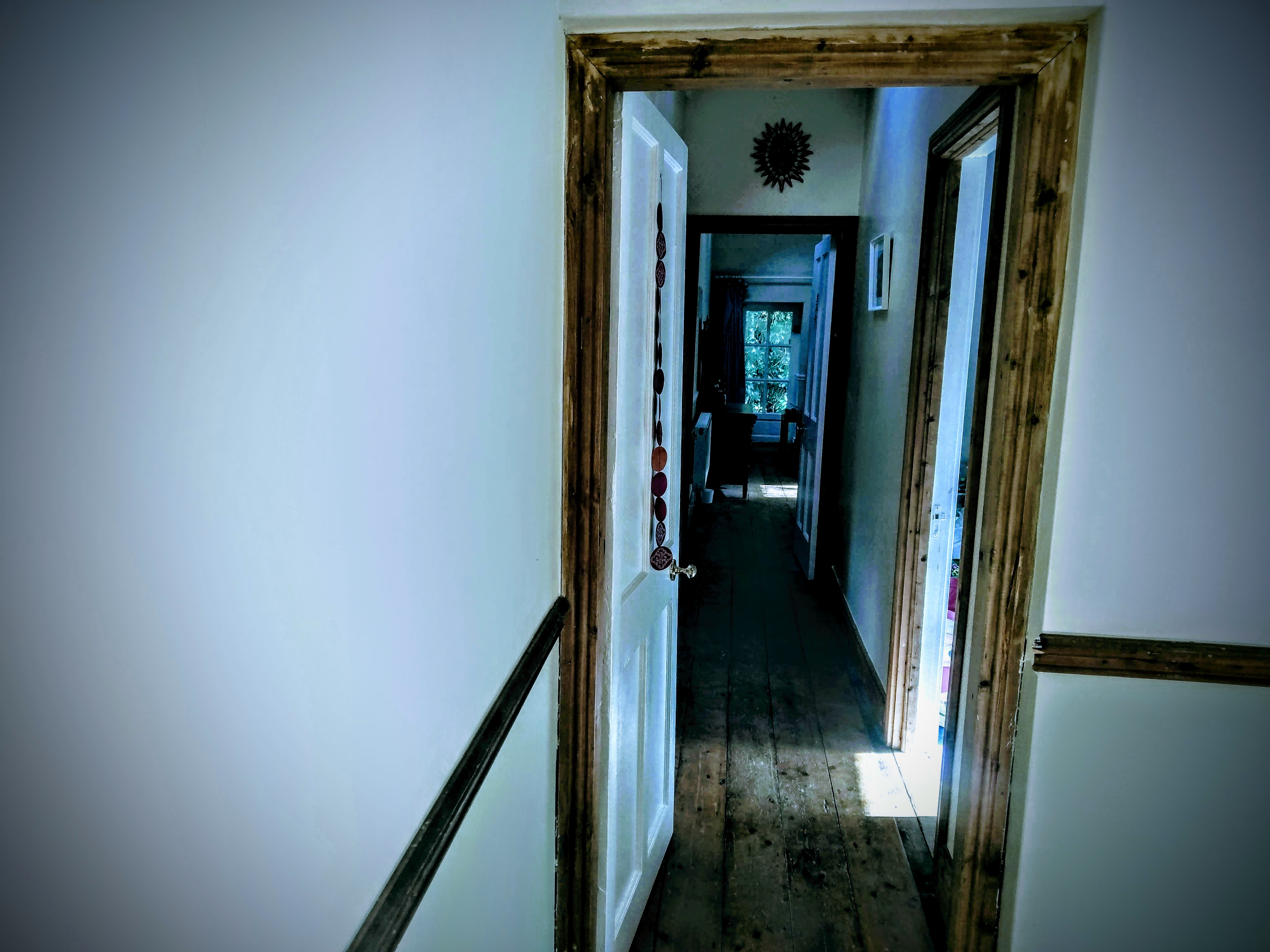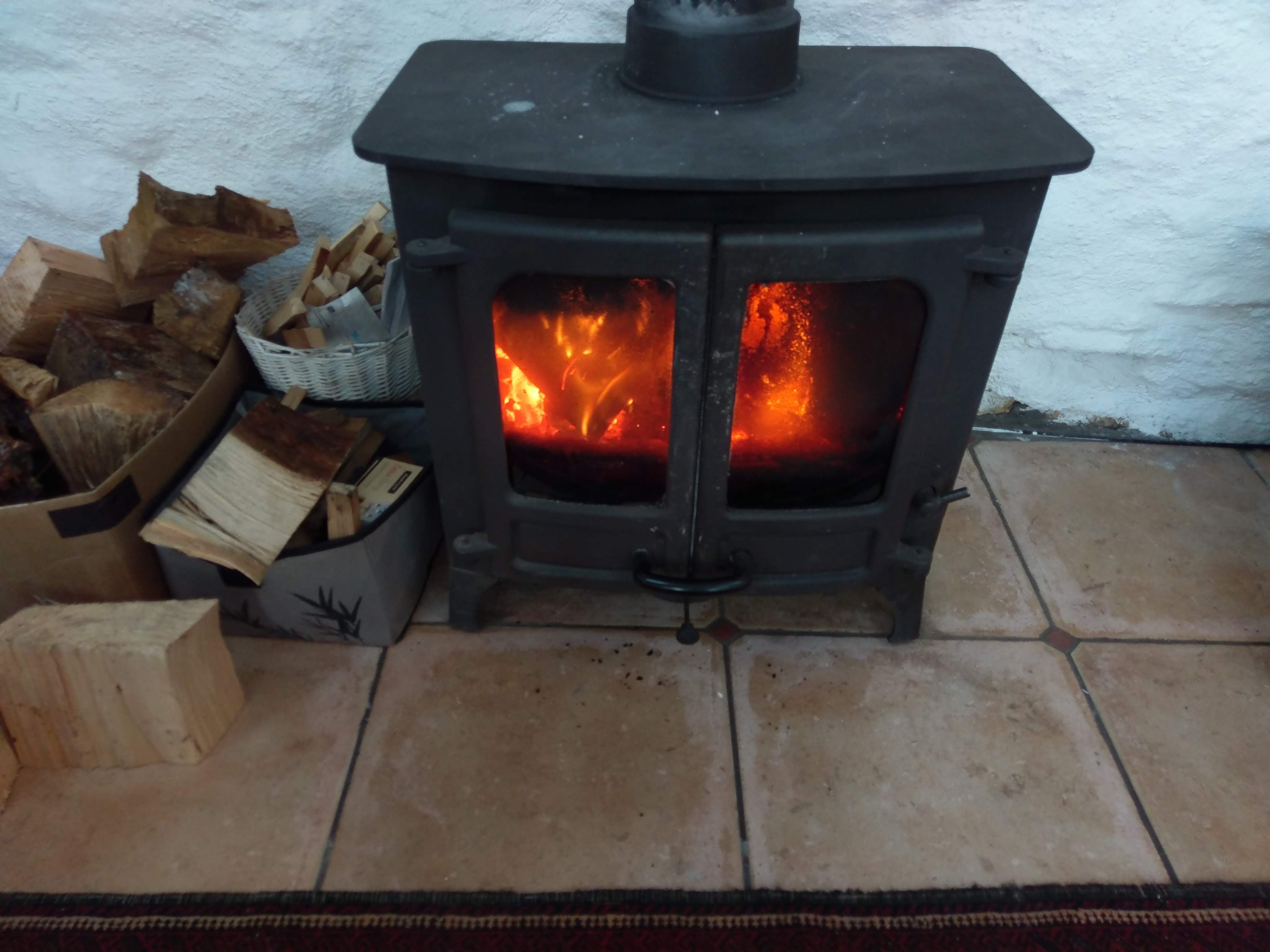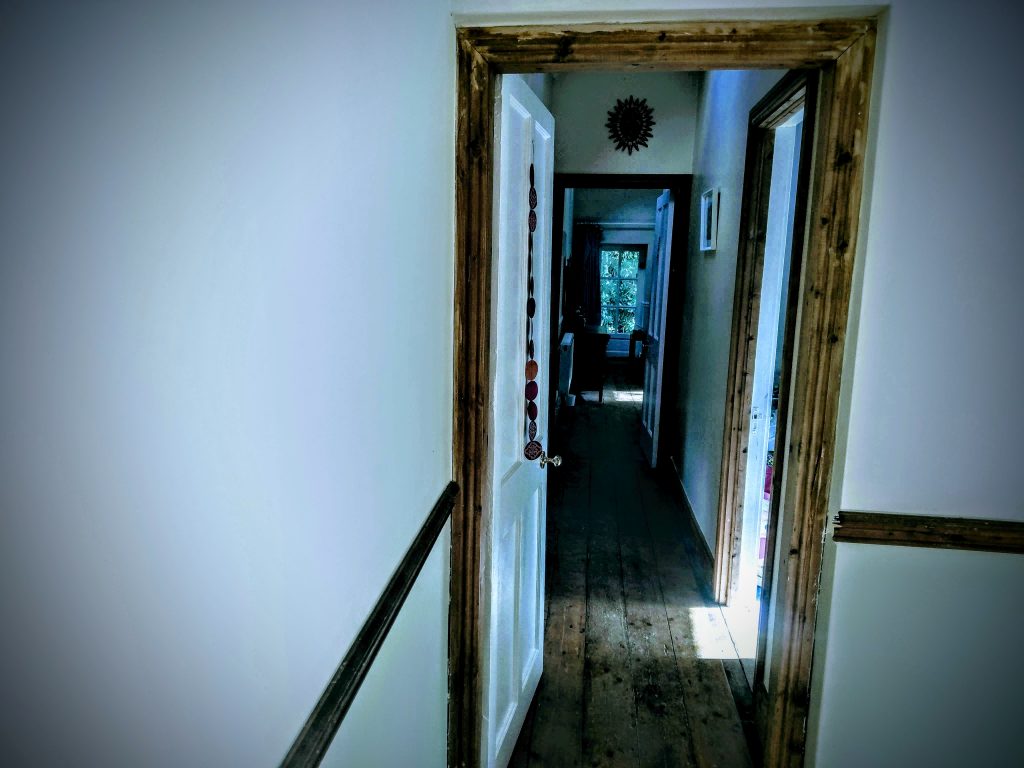“Houses have their own ways of dying, falling as variously as the generations of men, some with a tragic roar, some quietly . . . while from others the spirit slips before the body perishes.” EM Forster, Howard’s End
“It was the sort of house that you never seem to come to the end of, and it was full of unexpected places. The first few doors they tried led only into spare bedrooms, as everyone had expected that they would; but soon they came to a very long room full of pictures and there they found a suit of armour; and after that was a room all hung with green, with a harp in one corner; and then came three steps down and five steps up, and then a kind of little upstairs hall and a door that led out onto a balcony, and then a whole series of rooms that led into each other and were lined with books…most of them very old books and some bigger than a Bible in a church.” CS Lewis, The Lion, the Witch and the Wardrobe
Is a house too mundane a metaphor to represent a relationship? Well, I’m sorry if you think so, because I am going to plough ahead and see what might be reaped from this furrow of reflection.
My wife and I have been together for almost twenty years, and married for close to eighteen. It is a modest achievement, I suppose, although that depends on what status you afford either monogamy or the institution of marriage (I’d never dreamed of a white wedding myself, but from early in my romantic forays, I was drawn to the essentially conservative nature of a committed relationship). Peculiarly, in spite of our near two-decade attachment, I sometimes think we are still in the early stages of our spousal pact, and we still have revelations and awakenings to discover, that we will one day find ourselves savouring new notes and textures in our shared experience that will nourish and satisfy us. But I also sometimes think, nah, it’s been as good as it was ever going to be and everything else can only be a reminder of what has passed.
Those competing perspectives are perhaps nothing more than an indication of good days and bad days. Which is surely par for the course in relationships of any significant duration. Except good and bad days become more like good or bad periods, good or bad spells or seasons. Even good or bad years. For us, it feels like the first ten years were a breeze, the second ten more like a storm. The accompanying swells and squalls battered us remorselessly until our once sturdy vessel, our pea green boat, no longer seemed quite as buoyant as before. Nor did it feel as comfortable.
I know, I know, I’m supposed to be talking about houses, not boats. I’ll get there…
Of course, for a substantial part of this second decade we have acquired a third fellow traveller – our daughter. A little bit of my wife, a little bit of me, and a whole lot of herself. Did parenthood change us? Did it alter our rhythm, our synchronicity, our shared pulse? Absolutely. The brand new joy of having a miraculous lifeforce under our roof that was ours alone to nurture and sustain was intoxicating, earth-shaking, dam-bursting (I cried. Boy, did I cry!). The expected positives of the overload of intense parental love and desire to care and protect were welcome if not occasionally overwhelming. But the not so desirable add-ons weren’t far behind. The tickboxes of fatigue, anxiety, irritability, uncertainty and hypersensitivity presented for checking very quickly. The silent assassins of anger, resentment and distance were less expected because of their covert nature, their stealth, their insinuation. They laid their treacherous groundwork, paving the way to a breakdown of intimacy and trust. The unseen ledger of hurts and slights, of misunderstanding and miscommunication, began filling itself in until we had become our own grey-faced accountants, grimly trudging through the paperwork of disenchantment.
The simple truth is we were experiencing the shock and awe of becoming parents in distinctly different ways. It is not for me to attempt to depict or relate my wife’s experience, certainly not without her blessing, but suffice to say my path as a father did not involve the same dramatically changed terrain that confronted my wife upon becoming a mother. That experiential difference, combined with other, non-parenthood-related events, was like the spike of a pick-axe suddenly splitting the road that we had journeyed on in blissful solidarity for so long before. Time did what it does. It allowed things to fossilise until not months, but years had gone by and we found ourselves wondering how our roads were so far apart. Turned backs, unspoken feelings, walking alone. Physically, geographically close, but somehow miles away from each other. The emotional landscape radically altered. Different climates, different ecosystems, different flora and fauna. No longer in the same world.
Amongst other, more utilitarian things, a house is surely a repository for experience, memory and energy. A house has a vibe, a feel, an atmosphere. It can be somewhere you feel welcome. It can be somewhere that evokes a sense of possibility and destiny. It can be symbiotic in the way it might invite you to morph with it. It can be instantly, beguilingly seductive, filling your pores with a sense of ‘home’.

The opposite is also true. A house can be an uninviting place. It can retain and emanate bad energy. It can get under your skin and unnerve you. It can make your soul wince in the recoil of aversion. It can be a place you want to leave. In our most difficult moments, I believe that is how my wife and I felt about our last home. Bad energy. Bad memories. The psychic imprint of disharmony, of discord, of anguish. I think we both feared for the survival of our marriage at different times, such was our alienation. I think we both came to, if not an understanding, then at least a recognition of the feeling that convinces people to leave. It has something to do with no longer believing there’s a way back in. So you start looking for a way out.
We didn’t leave each other. But we left rooms. And we left each other alone. For too long, in my opinion. And we soldiered on and we muddled through, just like so many have before us – we’re not special.
I was reflecting on this recent past the other day and it was then I started to think of a relationship like a house. In particular, I was thinking of the idea of entering and leaving rooms and how, using my metaphor, that passage towards and over the thresholds of your household doorways becomes the ingress and egress of energy, of commitment, of love. Each room in your house is a different period of your relationship, and sometimes there’ll be a room that your partner has entered before you. They’ve coloured it with their experience. The atmosphere is dictated by their state of mind, their emotional and psychic geometry. It is a form of décor, it is a suite of furniture, it is the music they have chosen to play. And you might hate it.
You might hate it because you’re in a different room where the décor suits you just fine, the furniture is molded to the shape of your body, and the songs are all from your playlist (this need not reside solely in the world of metaphor, it is very evident in reality also!). The contrast is jarring. The other room is clearly going to affect your sense of ease. The mere entering of it will demand your relocation. Peering into it from the wrong side of the threshold is to objectify the occupant within. It is to render them ‘other’. And your assumption that they are the architect of their space could well be misplaced. The room is just as likely born of them as by them. This is the space as symbiote, as emanation, as by-product. Are you going to leave your partner there, despite your misgivings? Are you going to do that by refusing to enter, or by vacating as soon as you have gone in?
Different rooms. Different modes and moments. It’s not about interdependence. It’s not about inseparability. It’s about being in the room together. It’s about choosing to stay in the space. Living in different rooms is possible, but it’s not living together. The breath of life that informs the word ‘spirit’ cannot be a shared experience in discrete quarters. The spirit of a house, as referred to above in the EM Forster quote, is a collective entity, a communal exhalation, an intermingling of the cohabitual expression of endeavour, of emotion, of life. It is something that needs to be fed if it is not to dwindle to nothing. The house described by CS Lewis, also above, lends itself well to my analogy. Perhaps the curious and openhearted exploration of a long relationship has the potential to unveil a doorway to something truly special, to something life-altering in the best sense, though demons will need to be slain in the process.
We are in a new home now. We’ve only been in it for four weeks, so it’s a new phase, a new adventure, an opportunity to make new memories, to have new experiences, to create our own living energy, to leave our ‘mark’. Our daughter alone seems to have sufficient spirit that my wife and I needn’t try so hard. But the romantic in me refuses to die. Or maybe it’s the wilful idiot. Or the poet. Or the idealist. It doesn’t matter. I love my wife. I think she’s amazing. A beautiful, courageous, brilliant woman. So I’ll be staying in the room, no matter what song is playing.
This old house is falling down around my ears
I’m drowning in the river of my tears
When all my will is gone you hold me sway
I need you at the dimming of the day – Richard Thompson, The Dimming of the Day





Building and entropy. https://youtu.be/BxV14h0kFs0
I’m not sure if I should feel optimistic or pessimistic after watching that. Nor do I know if you were being optimistic or pessimistic when sending it.
But I almost understood what code was, and the clever bloke doing all the explaining seemed like a very nice man.😉
Absolutely loved the “grey-faced accountants” bit. Yes! Whole is nicely put. Interesting in a time when being locked up together is extreme. Or was.
Thanks Anne. We are still locked up here – so we have to get along!😀